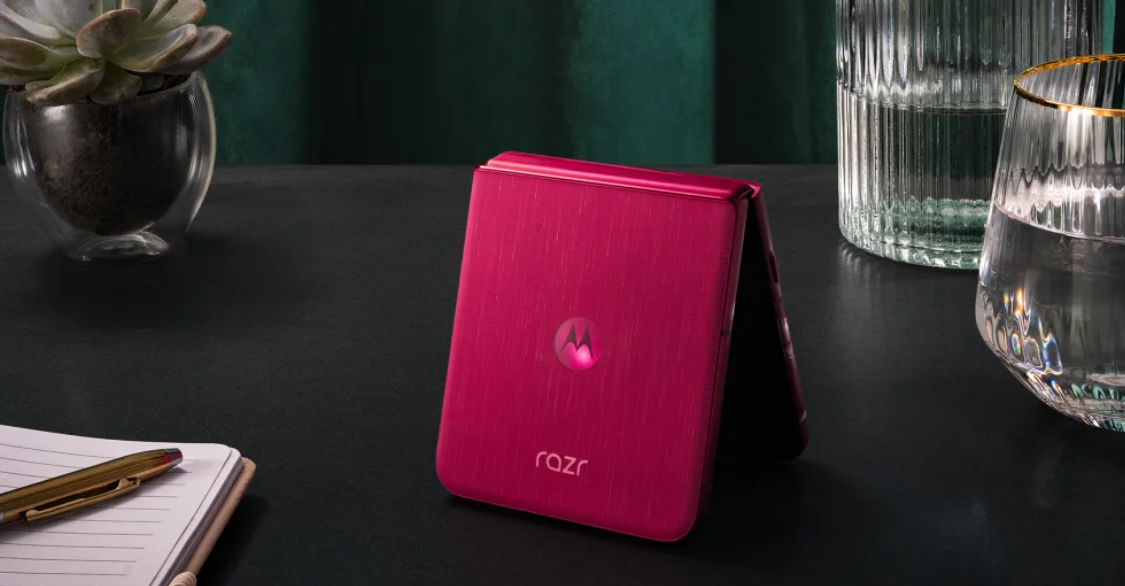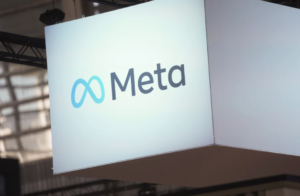Motorola unveiled new versions of its Razr flip phones on Thursday, featuring AI-powered capabilities from a variety of tech companies, including Perplexity, Meta, Microsoft, and Google. The new devices, launching on May 15, are the first to come with Perplexity’s AI app pre-installed, signaling a potential shift away from Google’s dominance in the smartphone AI market. Perplexity, an AI-powered search and research tool, will be available on these phones, highlighting a new direction in smartphone AI integration.
Motorola’s approach to AI differs from competitors like Apple and Samsung, as the company is incorporating a range of AI models from several providers rather than relying on a single source. While Apple collaborates with OpenAI to integrate ChatGPT into Siri, and Samsung works with Google for some Galaxy phone features, Motorola has teamed up with four different companies to power its devices’ AI.
One notable feature of the new Razr models is their ability to analyze content on the screen and offer suggestions or summarize notifications. For instance, the Next Move feature, which uses Perplexity’s AI, could help users generate a birthday invitation from Pinterest inspiration. Additionally, the Razr Ultra can activate its AI assistant through user gaze, eliminating the need for a button or wake word when the phone is partially folded.
The new Razr phones will also include Google’s Gemini assistant, which allows users to generate personalized content, like a vacation podcast, or search for specific images in Google Photos. Meta’s Llama AI model will also be integrated by default, used to summarize notifications. Microsoft’s Copilot assistant will also feature on the devices. However, one notable absence is OpenAI, the creator of ChatGPT. Motorola explained that it selected AI technologies that best complement its own AI offerings, with Perplexity focusing on research and Microsoft’s Copilot excelling in productivity.
The launch of the new Razr phones comes at a significant moment, as Google faces legal challenges in court over its alleged monopoly in the search market. This case has raised concerns that Google could potentially extend its market dominance to AI as well. Additionally, Motorola is navigating global supply chain challenges, including high tariffs on imports, particularly from China. Despite these challenges, Motorola has managed to price its Razr lineup similarly to last year’s models, with the Razr Ultra priced at $1,300, the Razr Plus at $1,000, and the Razr at $700. Motorola credits its flexible supply chain, managed by its parent company Lenovo, for helping to mitigate the impact of these tariffs.














